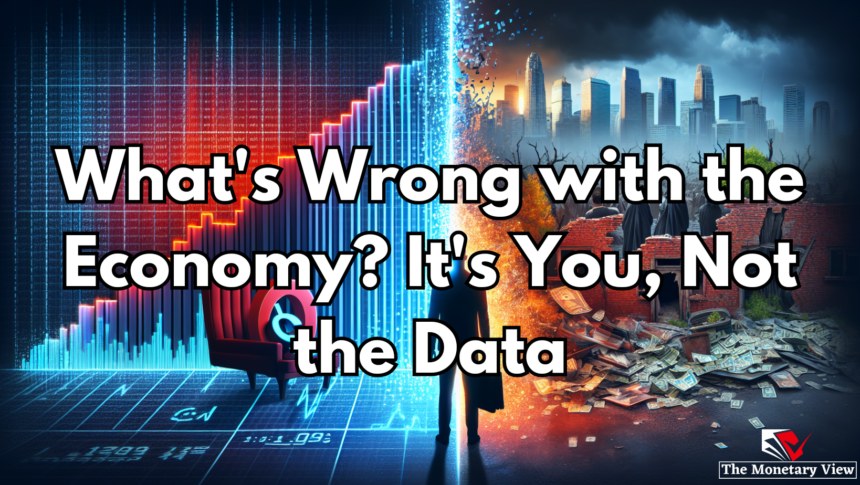In the ongoing discussions surrounding economic challenges and uncertainties, there’s a growing realization that perhaps the problem isn’t just about the data or policies, but rather lies within our own perceptions and behaviors. Despite favorable indicators and government initiatives, the economy seems to be struggling to regain its full momentum. So, what’s really wrong with the economy? According to experts, it might be us.
While economic data may paint a certain picture, it’s the human element – consumer sentiment, investor behavior, and societal trends – that often drives the actual state of the economy. In recent months, concerns have emerged over issues such as consumer confidence, spending habits, and workforce dynamics, all of which play significant roles in shaping economic outcomes.
One key factor contributing to the economic unease is consumer confidence. Despite improvements in various economic metrics, many consumers remain cautious about their financial prospects. Rising costs of living, uncertainty surrounding job security, and global geopolitical tensions have all contributed to a sense of apprehension among consumers, leading to reduced spending and subdued economic activity.
Additionally, shifting consumer preferences and behaviors are reshaping traditional industries and business models. The rise of e-commerce, the sharing economy, and digital disruption have transformed how goods and services are consumed and produced, posing challenges for established businesses and labor markets.
Investor behavior also plays a crucial role in influencing economic trends. Market volatility, driven by factors such as trade tensions, inflation concerns, and monetary policy decisions, can lead to uncertainty and risk aversion among investors. This, in turn, can impact capital flows, investment decisions, and overall economic growth.
Furthermore, structural issues within the labor market are contributing to economic challenges. Despite low unemployment rates in many regions, there remains a mismatch between the skills demanded by employers and those possessed by job seekers. Technological advancements and automation are altering the nature of work, requiring workers to adapt and acquire new skills to remain competitive in the job market.
Addressing these underlying issues requires a multifaceted approach that goes beyond traditional economic policies. Promoting financial literacy, fostering innovation and entrepreneurship, investing in education and skills training, and building resilience to economic shocks are among the strategies needed to navigate the complexities of today’s economy.
Ultimately, while economic data provides valuable insights into the state of the economy, it’s essential to recognize the role that human behavior and perceptions play in shaping economic outcomes. By understanding and addressing these underlying factors, policymakers, businesses, and individuals can work together to build a more robust and inclusive economy for the future.






